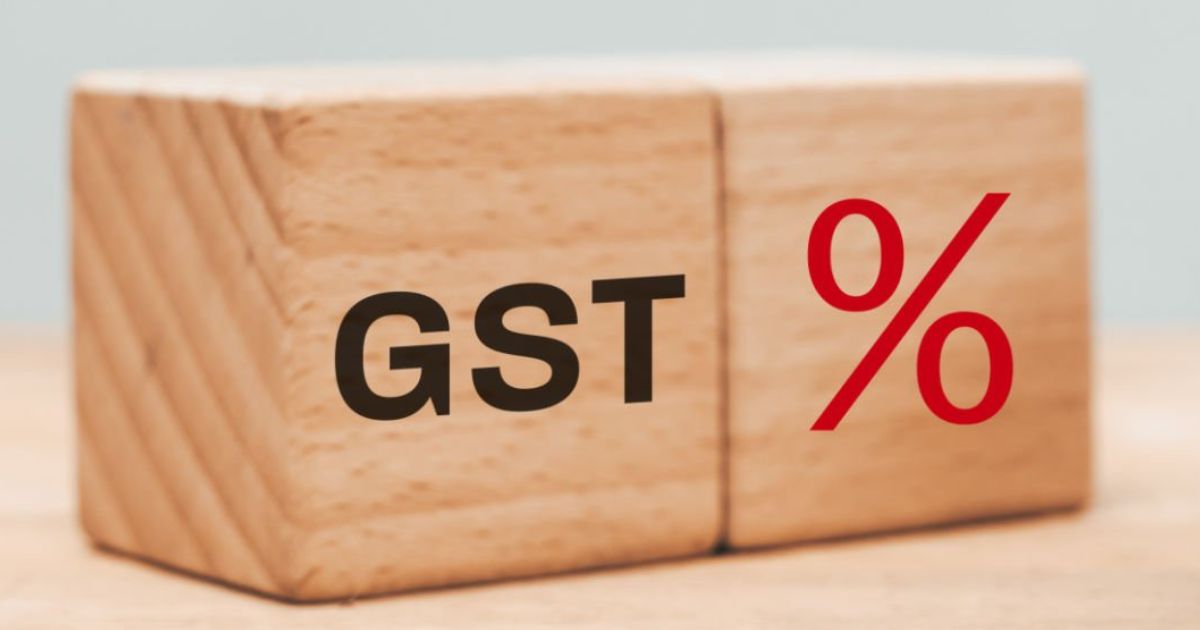The Group of Ministers (GoM) tasked with Goods and Services Tax (GST) rate rationalisation has presented proposals that have elicited a mixed response from states, with many expressing concerns about the timing and economic implications of the changes.
Concerns Over Economic Timing
Sources reveal that several non-GoM member states are apprehensive about the proposed GST rate adjustments, citing the current economic conditions as a barrier. They argue that implementing rate changes without a substantial increase in consumption could negatively impact businesses and taxpayers alike. Consequently, these states are advocating for a delay in the reforms until the economic environment becomes more conducive.

Consensus on Insurance Premiums
Despite reservations, there seems to be a consensus among states for rationalising GST rates on life and health insurance premiums. This targeted adjustment is seen as a potential stepping stone toward broader reforms in the GST structure. States believe this move could simplify compliance and benefit consumers while minimizing economic disruption.
55th GST Council Meeting on December 21
The upcoming 55th GST Council meeting in Jaisalmer on December 21, 2024, will be a pivotal platform for deliberating these proposed reforms. The GoM on rate rationalisation is expected to present its detailed report, outlining recommendations and potential impacts.
Additionally, a separate GoM focusing on life and health insurance will also submit its findings for review. These discussions are anticipated to shape the next phase of India's GST framework, balancing fiscal needs with economic stability.
The outcomes of the meeting could mark a significant shift in the GST regime, influencing both state revenues and taxpayer obligations in the months to come.






 CAclubindia
CAclubindia
